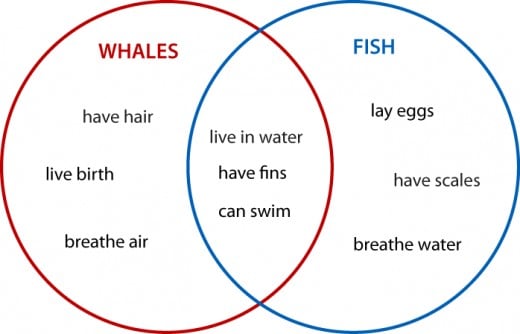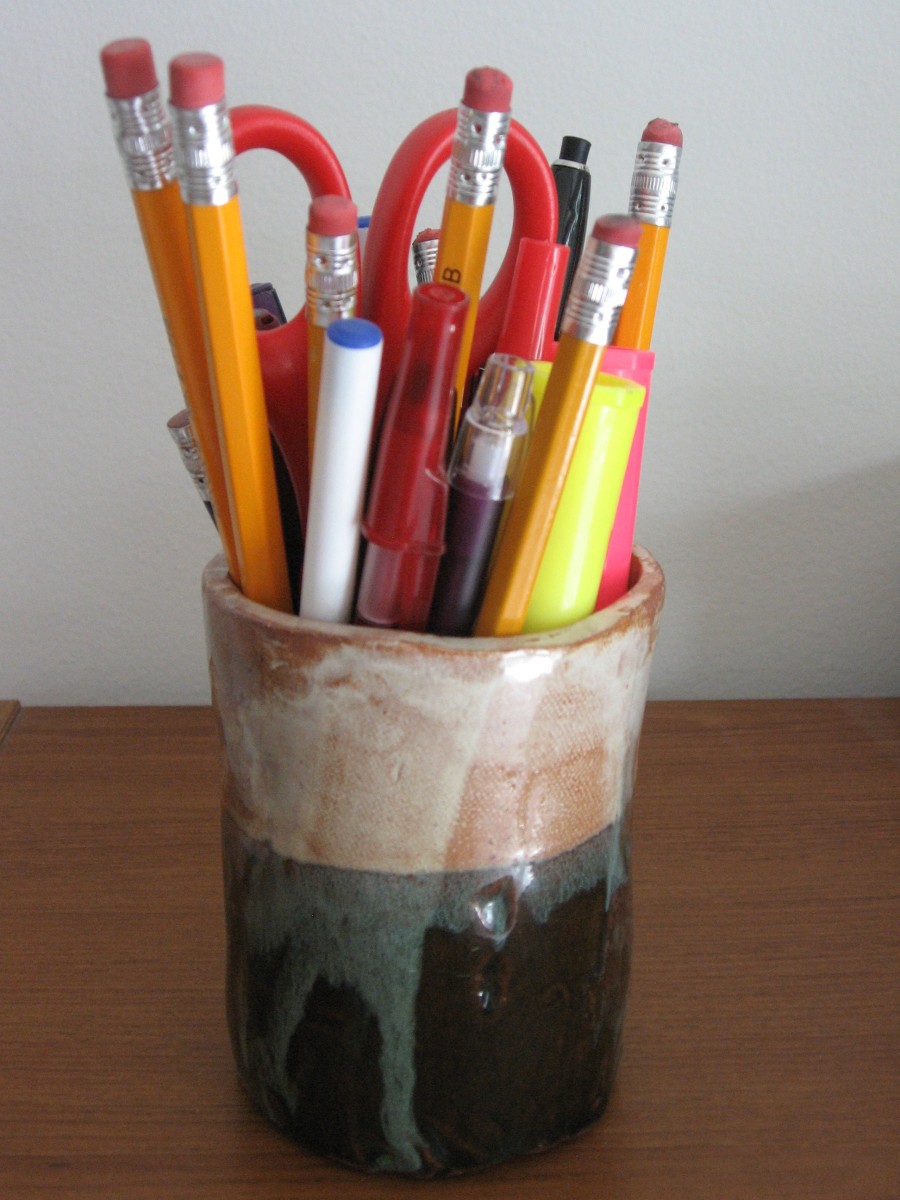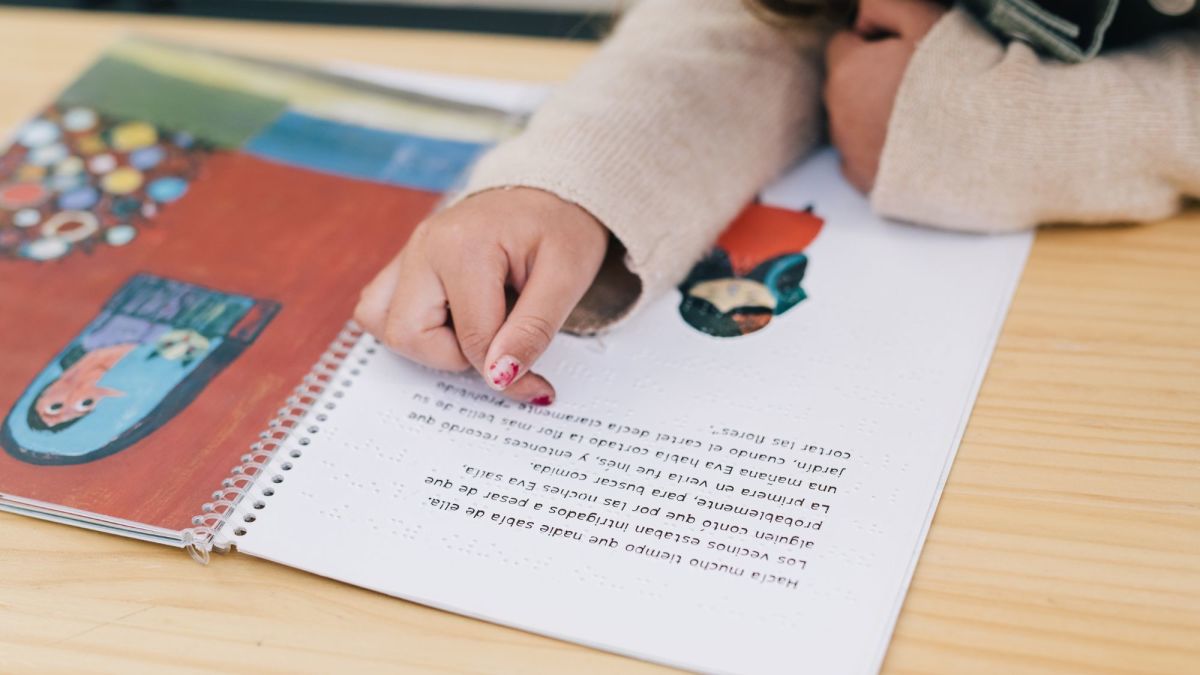How To Get Straight A's In School

Teachers, parents and students like to see A's. Straight A's are even better, especially when they are earned by hard work and discipline. Is there a secret? Is it only attainable for geeks and the super intellectuals? Are there tips that can help the average student learn how to become a straight A student?
Yes, there are tips that can ensure more success in school. While not able to guarantee a perfect report card, these tips and strategies will give confidence and clarity to any student who honestly wants to earn A grades by putting forth the effort and work required.
Tips On How To Get Straight A's
1. Know your motivation! Why is it important to you? What are your reasons for wanting straight A's? Write down your reasons and post it somewhere where you can remind yourself often.
- get into a good college/university
- learn how to think and reason
- please your parents
- qualify for a scholarship
- get into a special summer program/honors class
- want to attend a private school
- impress your friends/social status
- feel good about yourself!
(Some of the above are clearly not the best reasons, so be honest with yourself. It helps to want A's for the right reasons.)

2. Learn how to listen and focus while in class.
- follow
along with the instructor/teacher
- sit up in class
- take good notes (use diagrams to make it easier)
3. Know your learning style. Are you an auditory, visual or kinesthetic learner?
- auditory- you learn best when you HEAR information, lectures, tapes, reading out loud
- visual- you learn best with VISUAL cues, illustrations, diagrams, flashcards, documentaries
- kinesthetic- you learn best by DOING; hands on projects, role playing, performing, using your body while studying (dancing, drawing, knitting, molding, etc.)
4. Use key words when taking notes that will explain and describe the subject, don't include unnecessary words.
- use
highlighting tape in different colors for textbooks
- use highlighter markers for notes only highlighting key words
5. Have an allotted study time and stick to it, but vary your study area to break monotony.
Venn Diagram

Straight A Essentials
6. Use different kinds of diagrams to make note taking easier.
- mindmaps- draw a picture of the subject and label with facts
- bubbles- have a main subject and make related bubbles stating one fact
- venn diagrams- commonly used for math problems, two circles can be used to describe subjects with same characteristics overlapping
7. Splurge on fun supplies to give yourself a perk!
8. Start preparing for a test 3 or 4 days in advance.
- ask teacher for any specific study hints
- study for a period of time each day
- be well rested
- eat a healthy breakfast (your brain can feel the difference!)
9. Choose a subject you are passionate about if you have a choice with book reports and essays/term papers.
- read your finished paper out loud
- revise and rewrite until it reads like an A paper
- have someone you trust read your paper and point out any errors
10. Use an assignment booklet or notepad and write down each assignment and note when it is due.
- when assignments are completed, put them in your backpack right away ( double check!)
- clean and organize backpack (at least weekly) and throw away anything not needed
How To Prepare For a Test
Study Habits of Notable Men and Women
Albert Einstein's parents encouraged him even though his teachers didn't believe he was that intelligent. He was a true genius and received a Nobel Prize.
Sandra Day O'Conner, the first woman Supreme Court Justice, read a lot of newspapers and magazines including National Geographic, Wall Street Journal, and the Saturday Evening Post. She lived with her grandmother so that she could attend a private school.
Martin Luther King, Jr. did so well in class through his reading that he skipped ninth and twelfth grades.
Hillary Clinton worked hard during school and was very active in the school government and wrote for the school newspaper. She was vice president of her senior class. Her mother taught her how to remain balanced and to keep her equilibrium even while debating issues.
Benjamin Franklin struggled with math, so he made up math games to help raise his grades.
Tips For Straight A Students
11. Reward yourself after a study session, Acing a test, or that perfect report card. It doesn't have to be extravagant, just something you enjoy, like a tv program or chatting with a friend, ice cream with a friend or your parent, a new pair of jeans.
12. Do the hardest assignment first when your mind is freshest. You'll feel much better knowing it's done!
13. It's least distracting if devices are off limits while studying (i.e., texting, tv). Refer back to#11.
14. Use your resources well; books, computers, online access, libraries, teachers, family BUT do not let parents or siblings do your homework!
15. Keep your study area clean and organized and well lit. Have supplies you need before a study session.
16. Eat a healthy breakfast before going to school.
- fresh fruit and low- fat cheese
- hard boiled eggs and whole wheat toast
- wheat toast cinnamon raisin bagel with ricotta cheese
- peanut butter on whole grain waffles
- plain yogurt with fresh or dried fruit and nuts
- orange juice along with your food
- leftovers from dinner
- drink water throughout the day
17. Be active, exercise, move your body and make sure you get enough sleep! If involved in sports, make sure you allow study time.
18. Communicate with your parents. Let them know what you're working on, special assignments that are due. They want to help you do your best. Allow them to help if you're having a problem or if you're feeling stressed about something.
19. Communicate with your teachers. Ask questions. Look at the teacher during instruction. Be sure to ask about special assignments if you're unclear about what's required. Teachers want you do do well!
20. Be proud of your work and ambitions! Stay focused and don't get down on yourself if you don't get the grades you desire. It's OK! It's the path to knowledge and the desire to learn that can be your most important A+.
If a man neglects education, he walks lame to the end of his life.
— PlatoYou Can Do It!











